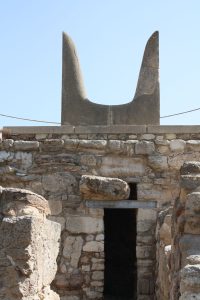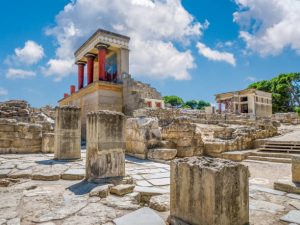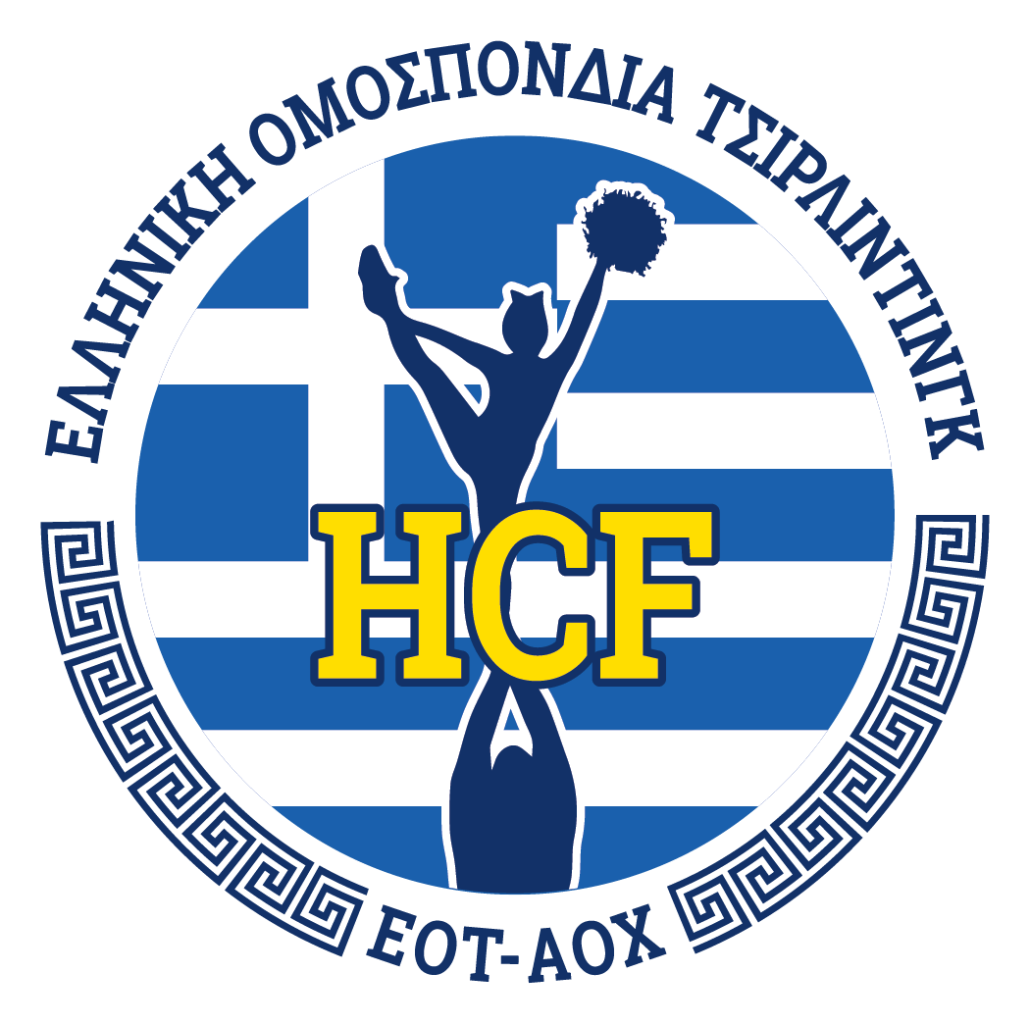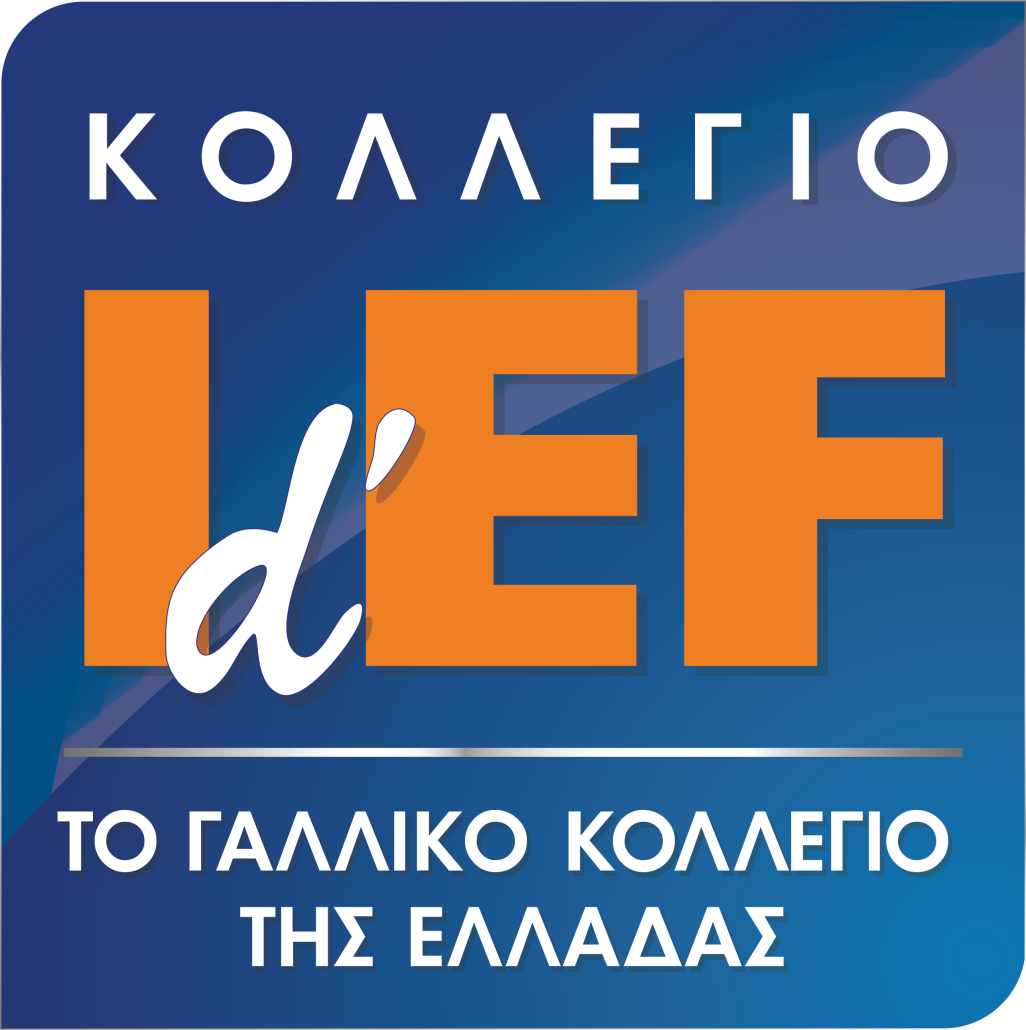The cradle of European Civilization – the Island of Crete and its genuinely friendly people, welcome you and wish you a wonderful stay!! Some will be visiting for the first time, whilst others have now become regulars, but either way, we promise you a truly memorable Mediterranean travelling experience.
CRETE IS INSEPARABLE FROM MYTHS AND LEGENDS, WHICH STEM FROM ITS ANCIENT PAST.
Hospitality of Zeus
The character of Cretans is generally hardened by the difficulties of life. However, they are always authentic, smiling and they love sharing their feelings and hospitality with their guests.
The Greek word for hospitality, philoxenia, derives from the words filos (friend) and xenos (stranger) and means to become friend with the stranger. Cretans are the genuine descendants of the Cretan-born Zeus, the god of gods, humans and hospitality. Indeed, Cretans are famous for their hospitality, induced solely by respect for their fellow men.
Myths
In Crete, Rhea gave birth to Zeus, the most important god of antiquity, father of the gods, people and hospitality. The Diktaean and Idaean Caves are connected to his birth and upbringing.
Later, Zeus in the form of a white bull, abducted the beautiful nymph from Phoenicia, Europa, and moved her to Crete. They mated below the evergreen plane tree of Gortys, which is still alive. Afterwards, Europa gave birth to Minos, the king of the first brilliant European civilization, the Minoan, and therefore, the continent was named Europe.
It was Crete where for the first time the ingenious craftsman Daedalus, designed and built the famous Labyrinth, where the monstrous Minotaur was imprisoned. Later on, Daedalus ignored the law of gravity and escaped Crete by flying away with his son Icarus. In the dark Labyrinth, Theseus killed the Minotaur and found the exit by following the thread of Ariadne.
Crete was guarded by the bronze giant Talos, the first robot in mythology. Talos wandered around the island three times a day and protected it from invaders, but it was exterminated by the Argonauts.
Crete Highlights
 Whether your visit is for relaxation or to explore and discover the many well known and countless hidden treasures of Crete, you will not be disappointed by the diversity of the landscape – the rugged mountains, the endless beaches and the turquoise seas, the many cities, towns and villages, and stunning countryside. Live the essence and the heartbeat of the Island from dawn till dusk and discover…… Your Crete!!
Whether your visit is for relaxation or to explore and discover the many well known and countless hidden treasures of Crete, you will not be disappointed by the diversity of the landscape – the rugged mountains, the endless beaches and the turquoise seas, the many cities, towns and villages, and stunning countryside. Live the essence and the heartbeat of the Island from dawn till dusk and discover…… Your Crete!!
- Knossos
- Malia
- Aptera
- Eleftherna
- Spinaloga
- Phaistos
- Necropolis of Armeni
- Gortys
- Zakros
- Lissos

3000 – 1200 BC
Minoan, the first European Civilization
3000 – 1200 BC
The Dark Age
800 BC – 69 AD
Classical & Greco-Roman Crete
63 – 65 AD
The advent of Christianity
1204 – 1669
Heading to the Venetian Era
1669 – 1898
The Ottoman Era
TODAY
Modern History
The island’s archaeological importance is highlighted through museums and archaeological collections.
It is worth visiting venues about nature and science, such as the Natural History Museum, the Aquarium of Crete at in Gournes, the Museums of Cretan Herbs and Fisheries of Kolimvari, the Geological Museum of Zaros and the Museum of Chemistry in Chania. Other special museums in Crete are the museum of Classical Vehicles in Exo Lakonia, the Museum of the National Soccer Team and the Museum of Typography in Chania, the Museum of Musical Instruments at Houdetsi, the Wax Museum at Zoniana, the Museum of School Life in Nerokouros and the Museum of Acritans of Europe in Paleochora.
Most museums in Crete are dedicated to the daily life of the Cretans, mainly by exposing objects from rural tradition. Very nice collections are exhibited at the folklore museums of Lychnostatis in Hersonissos, Chania, Vori, Arolithos, Tylissos, Rethymnon, Agios Nikolaos, Sitia, Vainia, Therisso, Gavalohori, Piskopiano, Somatas, Ini, Asites, Handras, Kandanos, Palekastro, Vrahassi, Gavdos, Pefki, Hamezi, Mohos, Spili etc. Traditional watermills in Zakros and Chromonastiri are open to visitors. Similarly, venues related to the olive tree include the Museum of Olive in Vouves, the old oil mill (fabrica) of Arhanes and Vatolakos.
 The traditional Cretan cuisine is considered to be one of the healthiest in the world.
The traditional Cretan cuisine is considered to be one of the healthiest in the world.
The abundance and the variety of the products of the island through centuries has created a cuisine with unique taste, freshness and originality.
Dairy products, honey, aromatic herbs, greens and so many other products of the Cretan mountains, are the basis for the miracle of the Cretan cuisine. The Cretan nutrition is recognized nowadays by the international scientific community as the most representative and quality sample of the so-called Mediterranean Diet, which, based on vegetables, pulses, fruits and cereals in combination with olive oil, contributes to longevity and well-being.
- Olive Oil
- The Cretan Vineyard
- Certified Companies & Products
- Traditional Cretan Recipes
Useful Information
Emergency Telephone Numbers
- National Emergency Center: 166
- Emergency Hospitals, Pharmacies, Doctors: 14944
- Police: 100
- Fire Brigade: 199
- Emergency Intervention of the Port Authority: 108
- Εuropean Emergency Number: 112
Working Hours Of Public Offices & Shops
- Public Offices: Monday – Friday 7:30 – 15:00
- Post Offices: Monday-Friday 7:30 – 14:00
- Banks: Monday – Thursday 8:00 – 14:30 and Friday 8:00 – 13:30
- Shops are open on Monday and Wednesday: 9:00 – 15:00, Tuesday, Thursday and Friday: 9:00 – 14:00 and 17:30 – 21:00, Saturday: 9:00 – 15:00. In touristic areas during the summer months shops have free working hours.
Although pharmacies have free working hours they are usually open from 08:00 to 14:00 on Monday and Wednesday. On Tuesday, Thursday and Friday they are also open in the afternoon from 17:30 to 21:00. There are also emergency pharmacies which are open 24 hours and at weekends. You can find the lists of them on the doors of all pharmacies.
International Call Code
Calls From & To Crete
The international call code for Greece is +30. If you wish to make a call from abroad, you should call +30, followed by the telephone number. If you wish to call another country from Crete, dial 00 and then the code of the country and the telephone number. You may also make calls from telephone boxes which operate with call cards.
Consulates Of Foreign Countries In Crete
Consulate of Great Britain: +30 2810 224012
French Consulate: +30 28210 91191
German Consulate: +30 28210 68876
Consular Agency Italy: +30 28210 27315
Consulate Finland: +30 2810 346202
Swedish Consulate: +30 28210 60605
Danish Consulate: +30 2810 243714
Source: crete.gov.gr
Climate – Weather
The climate of Crete is a factor that greatly contributes to its attractiveness. It is mild Mediterranean – dry and warm, which means high sunshine all year round, very small seasonal changes in temperatures and no extreme weather phenomena. In Spring temperatures fluctuate between about 16 and 24 degrees Celsius. During the summer, the average temperatures fluctuate between about 25 and 30 degrees Celsius, the maximum values reaching even 40 degrees Celsius, while the “meltemi” winds mitigate the warm weather. Autumn is the mildest season in Crete, with the average temperatures fluctuating between about 12 and 13 degrees Celsius. In general, eastern Crete is warmer than western Crete, the southern part of the island is warmer than the northern, the western part of Crete has more vegetation and in the mountainous areas the weather is cooler.
Passports & Visas
Find out whether the issue of a visa and a passport is required for your country of origin and undertake the necessary actions in time. For more information visit the website of the Hellenic Tourism Organization: HTO
Health Services – Medical Care – Insurance
Crete has very good public hospitals, private hospitals etc. Make sure that your healthcare insurance is valid. Visitors coming from European Union (EU)member-states and wish to receive the necessary healthcare should have the European HealthCard or another legal Community document, issued by their competent insurance authority. On the basis of it part or the whole of their care costs is covered. Those whose country is not a member of the European Union, in order to receive the necessary healthcare should consult their insurance authority before they travel.
Electric Current – Electrical Appliances
The electric current is 220 V (50Hz). In order for appliances from North America to function properly and without problems a transformer is necessary (schucko adaptors). For appliances from England a special adaptor is necessary. Make sure before use that the appliances you are going to use function at this voltage.










